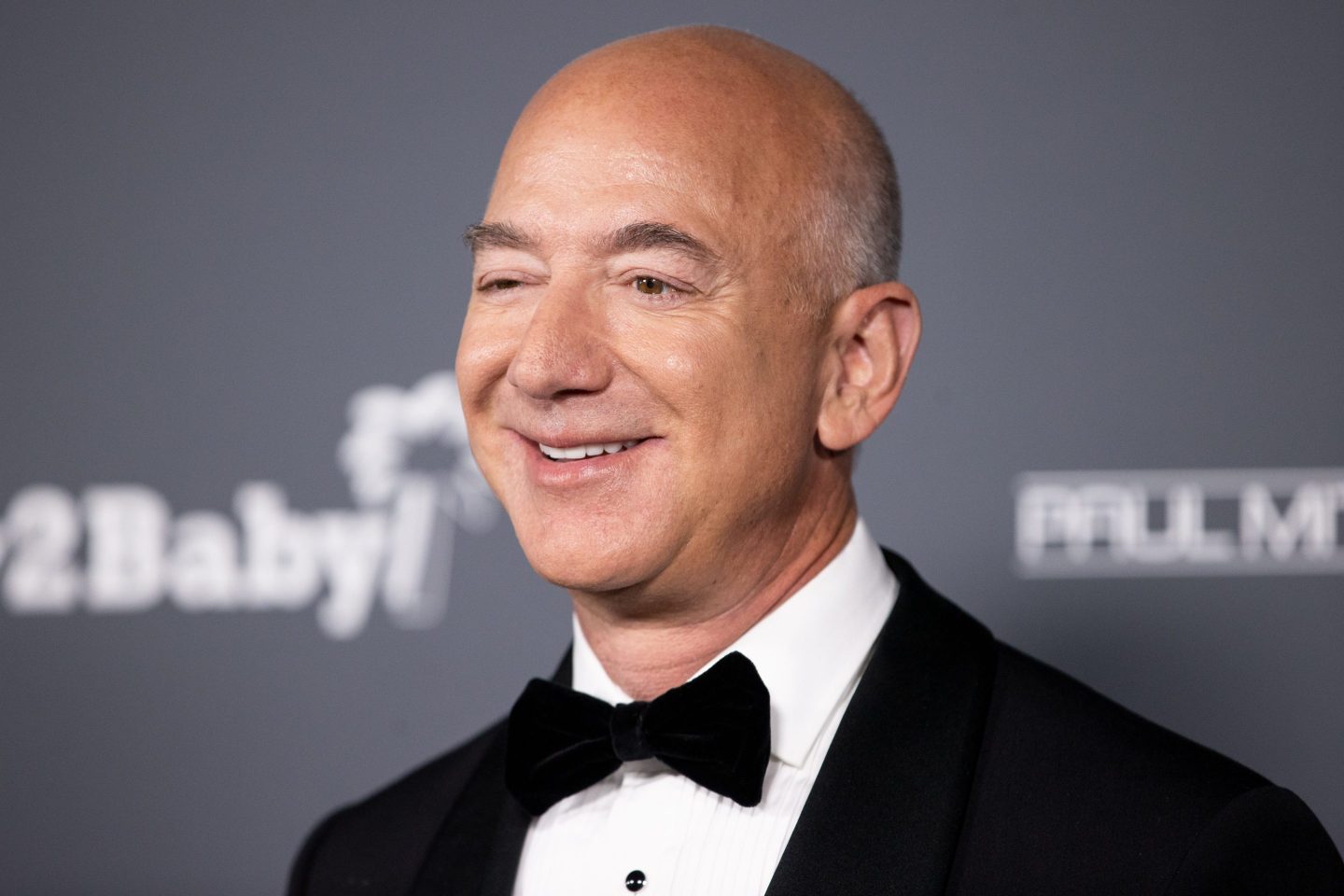Being an effective change agent doesn’t require that you have all of the answers about what to do. It doesn’t require that you are a genius visionary, who is supremely confident that you know the way forward. Even genius visionaries make mistakes about what they believe about the future, including Steve Jobs. He was wrong, and emphatically so, about the future of the iPhone, arguing vigorously against developing it.
Being an effective change agent does require that you take the chance to speak up, to share your ideas, despite the fact that almost surely some of those you share them with will dismiss them, if not ridicule them. Take comfort in the fact that many great innovations have been scoffed at when first proposed. An article in Business Insider titled “7 World-Changing Inventions that Were Ridiculed When They Came Out” reports that in response to the news that Thomas Edison was working on developing a light bulb, a committee of Britain’s Parliament issued a statement that the idea was “unworthy of the attention of practical or scientific men.” The other seven inventions mentioned? Coffee. Umbrellas. Vaccines. Taxis. Airplanes. And personal computers.
Who wouldn’t want to be the one who endured some ridicule while pressing forward with these ideas?
Getting ideas up to Jeff Bezos
Or consider the story of Amazon Prime. An engineer at the company, Charlie Ward, was annoyed with Amazon’s Super Saving Shipping service, which offered customers free shipping if their order was $25 or more. As recounted by business journalist Jason Del Ray, what irritated Ward was that he couldn’t use Amazon’s convenient One-Click option for making Super Saver purchases. “I’m a one-click addict,” Ward explained. “I hate having to go through the order pipeline and choose everything again and again and again.”
Luckily for Amazon, Ward’s frustration mounted and mounted. “I have a perfectionist type of mentality,” he shared. “Things kind of irritate me and get more and more irritating over time.” He thought Amazon should make ordering easier, and one day, in 2004, he threw out an idea to his team. “Wouldn’t it be great if customers just gave us a chunk of change at the beginning of the year and we calculated zero for their shipping charges the rest of that year?” He recalls that the initial reaction of his colleagues was “Is Charlie crazy?”
What if the up-front fee charged didn’t cover the shipping charges customers would otherwise have racked up? Even worse, what if customers ordered much more because they knew that over a certain amount, they’d be getting free shipping? They’d be abusing the program. The company could be ruined, some thought.
But not Jeff Bezos. When the idea bubbled up to him, he jumped on it. How brilliant if such a program would motivate customers to order more! As long as Amazon could work out the right mix of fee and incentives to purchase, he perceived, then over time, the program could be a huge generator of sales growth. Bezos even considerably upped the ante on the idea, arguing that the program should offer two-day shipping, which few retailers were offering and would push Amazon’s fulfillment capacity to the max.
Amazon’s company culture pays off
Launched in 2005 with an annual membership fee of $79, Prime did cost Amazon dearly. But it also built great customer loyalty, and, over time, as the company added more and more features, like Prime Video and Music, just as Bezos had predicted, it became a juggernaut of growth.
Charlie Ward’s crazy notion made its way up to Jeff Bezos because Bezos created a culture at Amazon of appreciating the input of people at all levels of the corporate hierarchy. He made it clear that he wanted them to speak up, even if that was offering criticisms. “Any high-performing organization has to have a mechanism and a culture that supports truth telling,” he has said. At Amazon, one of those is a digital employee suggestion box, and Ward submitted his idea to it. Unfortunately, far too few companies have such formal channels for sharing innovative ideas. That is why it takes courage, and a strategy for building support.
Stephen R. Covey, a world-renowned expert on leadership and author of the perennial bestselling book, The 7 Habits of Highly Effective People, described leadership as the ability to communicate “to people their worth and potential so clearly that they are inspired to see it in themselves.” When it comes to leading a mindshift, we must begin with leading ourselves. We must cultivate our belief in our worth and our potential to be the leader who’s needed.
Excerpted with permission from the publisher, Wiley, from Mindshift: Transform Leadership, Drive Innovation, and Reshape the Future by Brian Solis. Copyright © 2024 by John Wiley & Sons, Inc. All rights reserved.
Read more:
- Jeff Bezos says companies need ‘a culture that supports truth-telling.’ Here’s how he built one at Amazon
- Jeff Bezos reveals his formula for running the perfect meetings to weed out those ‘who pretend to have done the reading’
- Jeff Bezos’s famed management rules are slowly unraveling inside Amazon. Can they survive the Andy Jassy era?
- Jeff Bezos built Amazon with a strategy based on truth, small shifts, and embracing change. Here’s how it’s done












